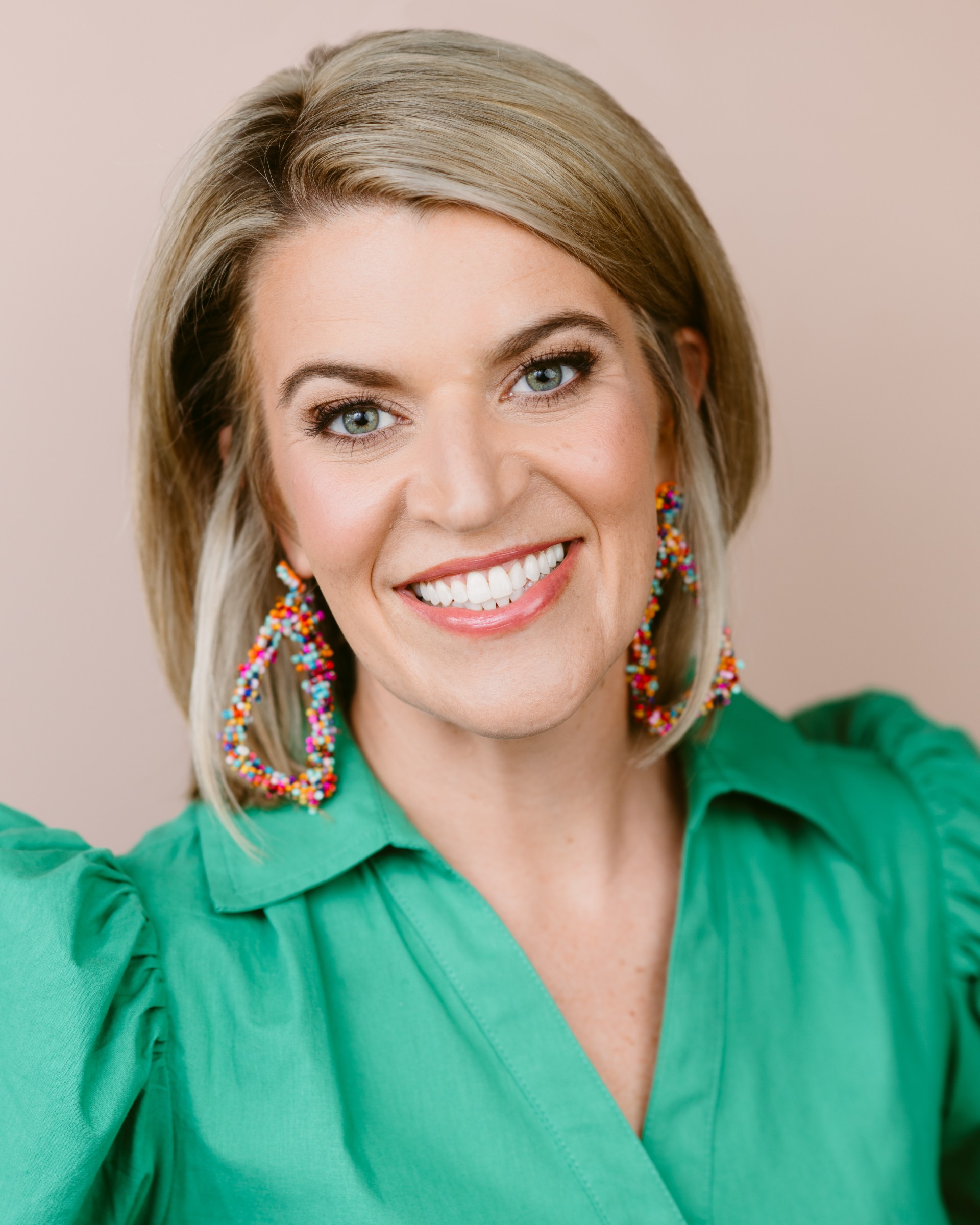Experiencing Ageism in PR Today
By Katie Neal
August 2025
This year, several highly accomplished and successful friends and former colleagues across the profession have found themselves out of work, many for the first time in their careers. In addition to having been incredibly strategic, consistent high-performers and relentless learners, they share another common trait — they’re all over the age of 50.
There’s no sugarcoating it: This is a tough job market. As a result, I’ve done significantly more career coaching for PR professionals (think: résumés, interviews and personal branding), in addition to executive coaching, over the last few months.
For many of a certain age, securing a full-time role with benefits and a salary that reflects their experience level is proving more difficult and disheartening than they ever imagined.
I contacted several experienced communicators, some of whom have unexpectedly lost their jobs, for their perspective on ageism in PR before writing this piece. What began as inspiration seeking turned into the clarity and conviction you would expect from any PRSA member in a high-stakes crisis.
After all, ageism creates a crisis of talent, equity and leadership in our profession. When we sideline experienced pros, we don’t just lose talent and wisdom — we lose the very people who could be shaping and mentoring the next generation.
The factors that blur the hiring landscape
The PR veterans I spoke with were loud and clear about what they’re experiencing in today’s hiring landscape. Across the board, they described a mix of age-based assumptions, biases around the perceived cost and value of hiring PR pros over 50, and a market saturated with senior-level talent. Here’s what they shared in their own words.
• The value of experience: “As someone who has navigated decades in this field, I’ve always championed the value of experience and talent over age, and I hoped that same perspective was applied to me. But finding myself newly in this job market, I’m genuinely concerned I’ll have to work harder to ‘prove’ myself in the very field I’ve dedicated my entire professional life to.”
• Market saturation: “So many highly experienced government and contract communications/public affairs/PR professionals like me are now vying for limited high-level roles. It intensifies the bias, often pushing organizations to favor perceived youthful energy over proven strategic depth. I worry that ageism, especially for women, is a challenge I’m facing, in part because of an unfair association of youth with innovation. Yet, my extensive career offers unparalleled strategic foresight, vast networks and crisis mastery.”
• Protected class: “I hadn’t considered ageism in the workplace until a former supervisor offhandedly referred to me as being in a ‘protected class.’ From that point forward, it became clear that seeking new employment opportunities beyond the age of 40 would come with added challenges.”
• Skills bias: “Despite leading successful digital initiatives over the last decade in two different roles, it’s easy to be skeptical about age-based digital fluency. This bias is amplified in a crowded market where many equally qualified candidates are available.”
• Gender bias: “I’m seeing older men celebrated as ‘pioneering’ as they retire and transition out of roles and into new consultancies, while women with comparable or greater experience are deemed ‘past their prime,’ highlighting a gendered bias in how age is perceived.”
• Value over cost: “There is a subtle implication that someone with my experience is ‘too expensive’ or ‘won’t have enough years to give,’ often ignoring the immediate, tangible ROI that we bring by hitting the ground running and mentoring others.”
Future-proof your comms career
One of the core strengths of PR professionals is the ability to anticipate what lies ahead. Given today’s challenging job market, I asked these veterans another question: What advice would you offer to future-proof the subsequent chapters of a communications career?
- Be a perpetual, demonstrably curious learner. “I’ve continued to build my knowledge base with three separate university-led online certificate courses in the last five years. I’m also actively mastering new technologies like AI and data analytics.”
- Know that your network is your net worth. “All of my clients I met about 15 years ago. I would encourage people, no matter what stage of their career, to have genuine network connections, and keep a robust database of people that they help. I have found that being helpful, kind and genuinely interested has led to my business growth.”
- Share your talent generously and strategically. “Senior folks should do some pro bono work, including with a for-profit entity who could pay them if/when need be. I would not have landed so well [after being laid off] were it not for my pro bono comms mentoring with [a large hospital system I’m now consulting with]. The kismet that happened would have never had I not been on their radar.”
- Dive headfirst into the intersection of PR, AI and ethics. “Take a leading role in the testing and implementation of AI tools, and in establishing clear organizational guidelines for their practical and ethical use. Drive innovation through hands-on learning while actively educating and empowering others.”
- Reframe experience as strategic value. “Emphasize the depth of your expertise and strategic foresight gained from navigating industry cycles, not just the years. Highlight how your experience enables you to anticipate issues, innovate solutions and lead with agility in complex, high-stakes environments.”
- Do your own PR. “Engage in online thought leadership to visibly position yourself as a forward-thinking expert. Use the PR skills you have to be your own best client.”
- Cultivate a flexible career mindset and diverse network. “Be open to consulting or fractional roles to leverage your expertise immediately and build recent experience. Crucially, connect with professionals across all career stages. This gives you the opportunity to engage in both traditional and reverse mentorship, which can lead to key direct referrals that bypass age-biased initial screenings.”
- Get your “reps” in on selling. “Understanding my value, negotiating a contract, offering a service, doing freelancing… I would have been clearer and more convincing upfront if I had mapped all of that out earlier.”
I’m immensely grateful for the perspectives of the PR professionals who graciously shared their expertise, wisdom and candor for this article. It’s infinitely better because of their insights, and isn’t that the perfect metaphor?
New From PRSA
The Seasoned Pros Affinity Group is now available to PRSA members. New for 2025, this Affinity Group supports professionals age 50+ with at least 10 years of experience — whether active, nearing retirement or already retired. Find details here.



